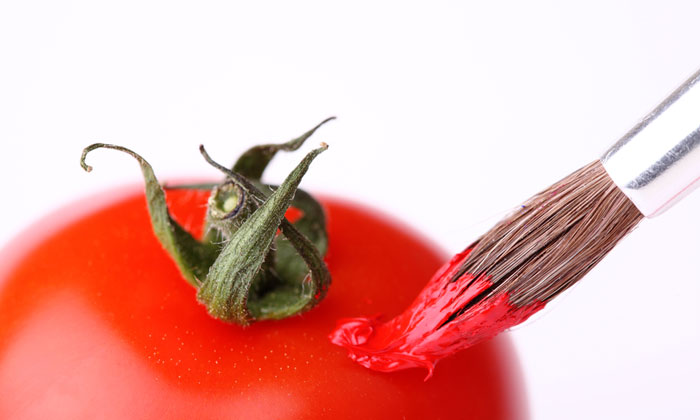EU step up fight against food fraud with “Knowledge Centre”
- Like
- Digg
- Del
- Tumblr
- VKontakte
- Buffer
- Love This
- Odnoklassniki
- Meneame
- Blogger
- Amazon
- Yahoo Mail
- Gmail
- AOL
- Newsvine
- HackerNews
- Evernote
- MySpace
- Mail.ru
- Viadeo
- Line
- Comments
- Yummly
- SMS
- Viber
- Telegram
- Subscribe
- Skype
- Facebook Messenger
- Kakao
- LiveJournal
- Yammer
- Edgar
- Fintel
- Mix
- Instapaper
- Copy Link
Posted: 13 March 2018 | George Smith (New Food) | No comments yet
Responding to consumer concerns about food quality and food fraud, the European Commission has launched a “Knowledge Centre”, operated by the Joint Research Centre.


Half a decade after the horsemeat scandal rocked Europe and undermined consumer faith in the food industry, the EU Commission has launched a dedicated resource to pool information on food fraud and help policy makers take action.
The Knowledge Centre for Food Quality and Fraud is a network of experts from within and outside the Commission, supporting policy makers and national authorities by providing access to, and sharing up-to-date scientific knowledge.
According to the Commission, it has been created to address consumer concerns about food quality and fraudulent practices which it says can undermine consumer confidence and damage the European supply chain.
Tibor Navracsics, Commissioner for Education, Culture, Youth and Sport, who is responsible for the Joint Research Centre, launched the centre in Strasbourg alongside Vice-President for the Energy Union, Maroš Šefčovič, and Commissioner for Justice, Consumers and Gender Equality, Vêrá Jourová.
Ahead of the launch, Commissioner Navracsics said: “Food is one area where science can very directly and tangibly demonstrate the benefits it brings to citizens. The quality of the food we eat is important to all of us, and because food fraud is a transnational criminal activity, the EU has a clear role to play in the response.
“The launch of the Knowledge Centre for Food Fraud and Quality is an important step. It will help protect the integrity of the EU food chain and safeguard the quality of food products, generating a clear added-value for Europeans.”
This Knowledge Centre is the fifth to be launched by the Commission after Bioeconomy, Territorial Policies, Migration and Demography and Disaster Risk Management.
It has been created to bring market surveillance activities across the block together, for example on the composition and sensory properties of food offered under the same packaging and branding on several markets across the EU. It will also operate an early warning and information system for food fraud, for instance through media monitoring and providing this information to the general public.
The information systems of member states and the Commission will be linked through the centre, connecting databases describing the composition of certain high value agri-food products such as wine or olive oil;
Commissioner Jourová said: “The Commission takes the issue of food quality and unjustified differentiation very seriously and has already taken a number of concrete steps to tackle the issue. Providing for better scientific evidence is a crucial part of this work.
“This newly created Knowledge Centre, bringing together experts and knowledge from different locations inside and outside the European Commission, will further contribute to collecting and processing science-based evidence. Its work will also contribute to developing a common testing methodology, which in turn will help us apply and enforce food and consumer protection laws.”
Related topics
Food Fraud, Food Safety, Packaging & Labelling, Quality analysis & quality control (QA/QC), Regulation & Legislation, Research & development, Sensory technology, Supply chain, The consumer









